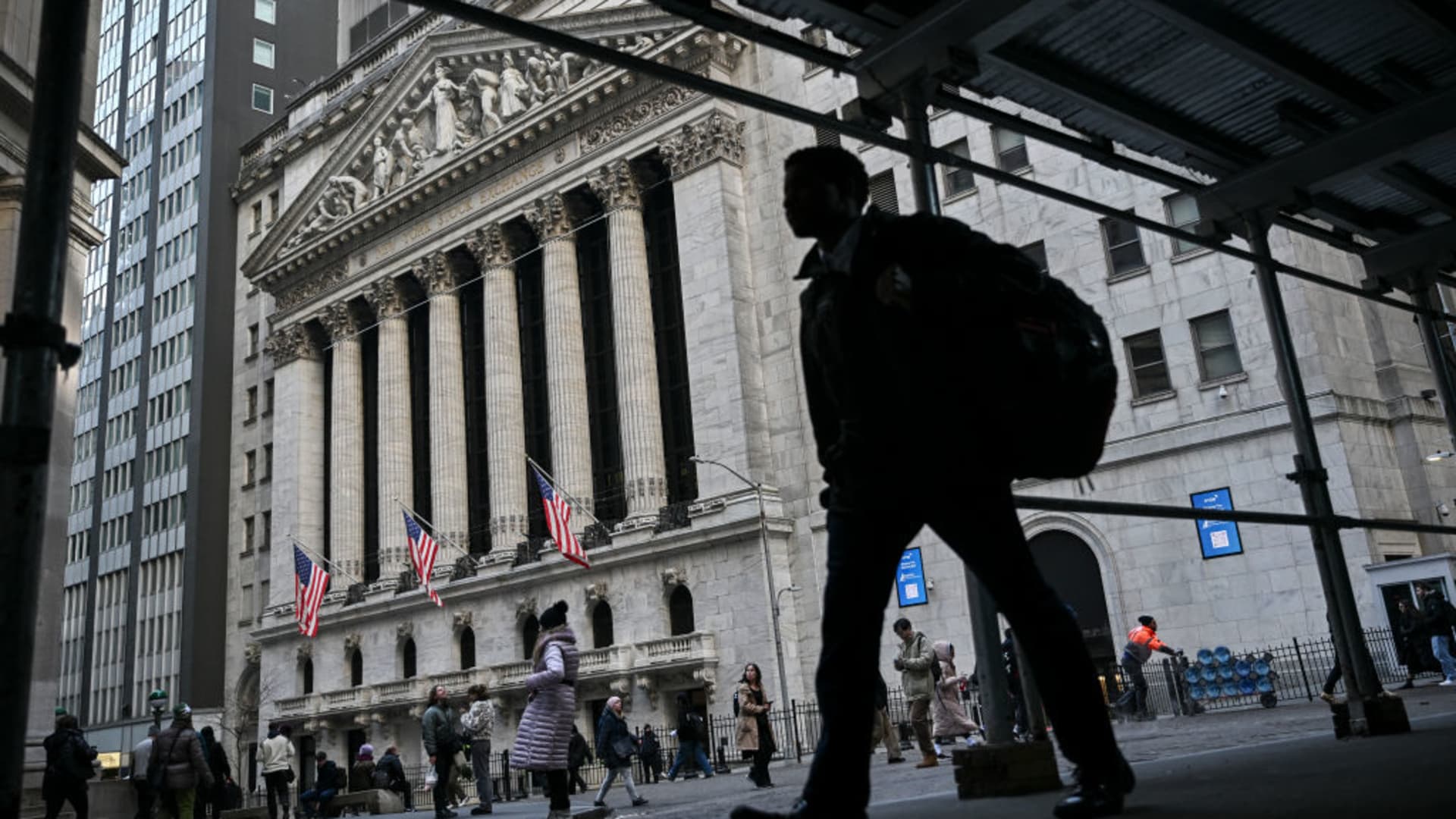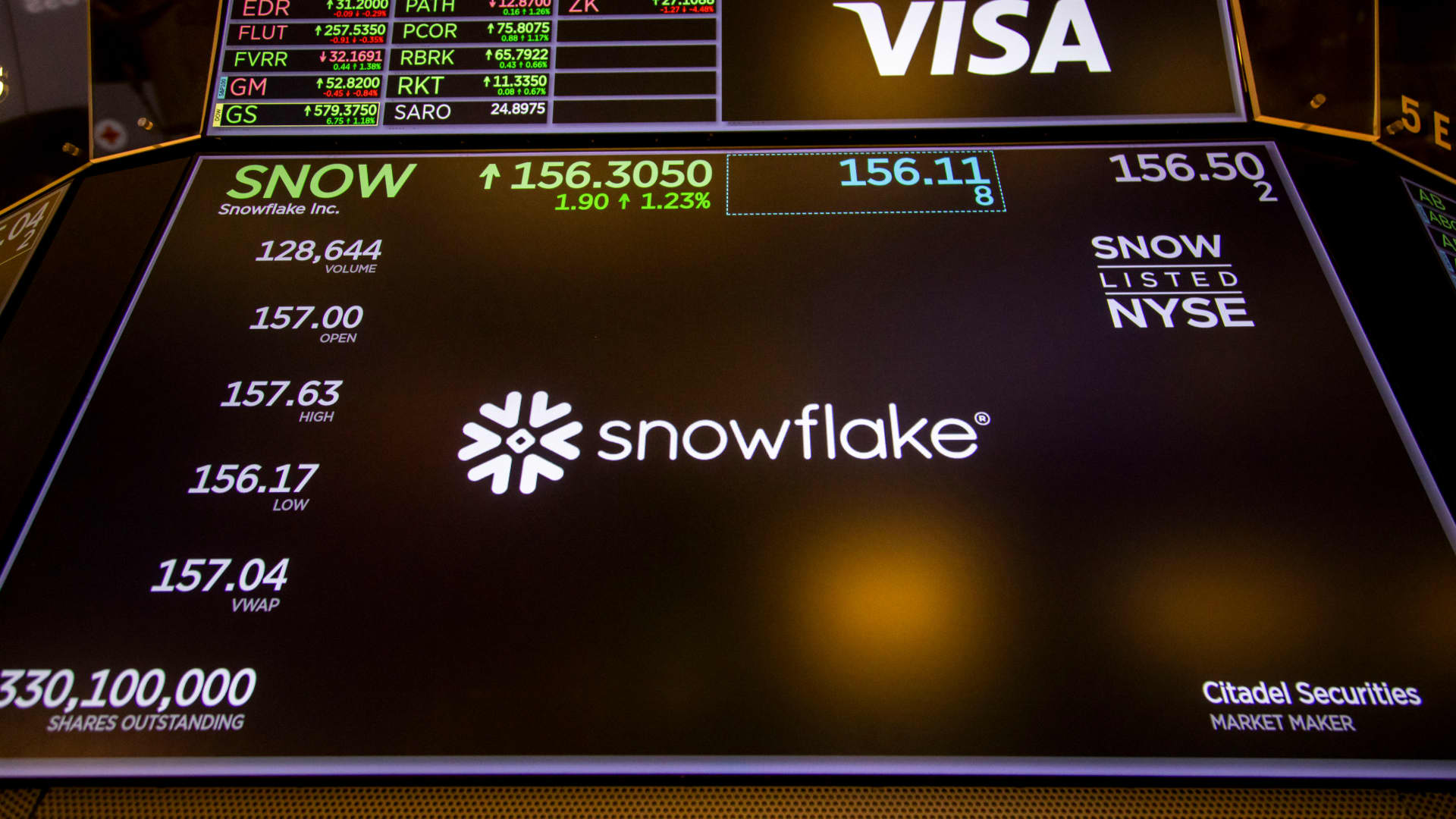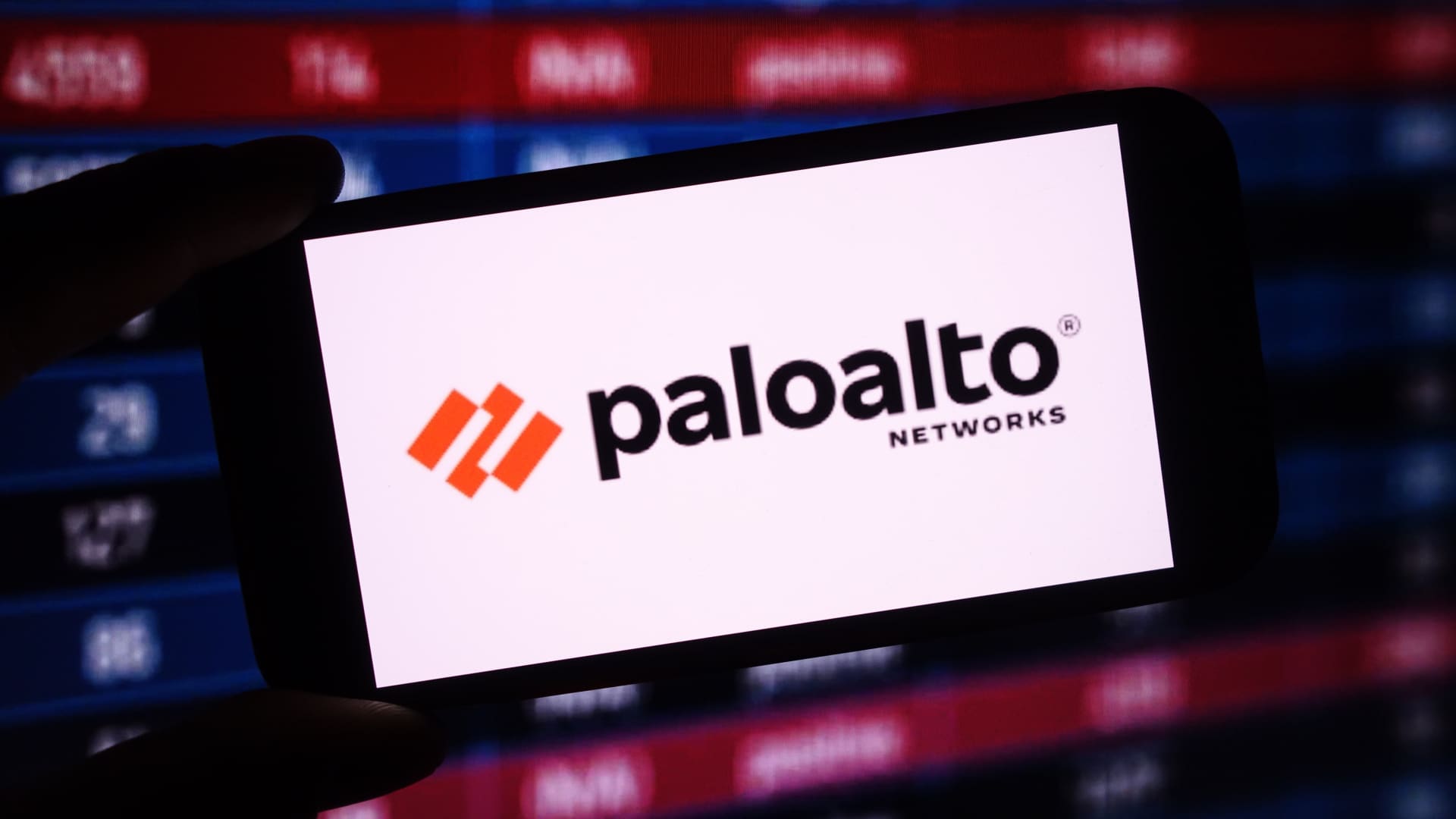Finance
The New York Stock Exchange is launching an exchange in Texas
-

 Economics1 week ago
Economics1 week agoCPI inflation April 2025: Rate hits 2.3%
-

 Economics1 week ago
Economics1 week agoTariff receipts topped $16 billion in April, a record that helped cut the budget deficit
-

 Personal Finance1 week ago
Personal Finance1 week agoHouse Republicans advance Trump’s tax bill. ‘SALT’ deduction in limbo
-

 Economics6 days ago
Economics6 days agoViolent crime is falling rapidly across America
-

 Personal Finance1 week ago
Personal Finance1 week agoFidelity technical issues kept some investors out of their accounts
-

 Economics1 week ago
Economics1 week agoGerman business leaders tell new government: It’s time to deliver
-

 Economics5 days ago
Economics5 days agoThe low-end consumer is about to feel the pinch as Trump restarts student loan collections
-

 Personal Finance1 week ago
Personal Finance1 week agoHow to save on groceries amid food price inflation










